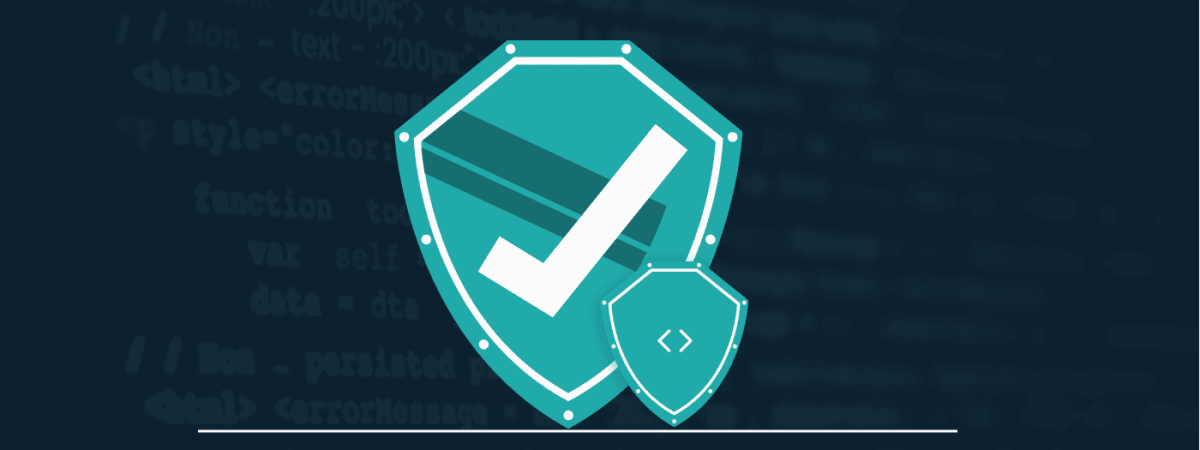The revolution of DevOps has reduced the SLDC and resulted in the creation of many software applications, increasing cyberattacks. Organizations have seen the importance of software security but not focusing on it properly because it will take more time to build the program. Perhaps the involvement of legislation and regulation can be the key, although it would be difficult to predict the consequences of compelling everyone to embrace developer-first security.
Developers play a crucial role in ensuring software security. Developer security refers to building software while shifting security left. Developers are provided security tools for threat scanning, security testing, and remediation.
Traditionally, security is detached from software development. If security-related efforts are undertaken, they tend to be an afterthought or a response to a publicized threat. As of the first half of 2023, the collective opinion that software development continues to ignore security prevails.
However, things appear to be changing as organizations realize that security should be a priority, not a secondary or accessorial concern. This may not become the sentiment of most organizations in the next few years, but there are signs that the shift is coming.
The rise of developer security
One of the best indicators of the growing interest in integrating security with software development is the emergence of security solutions centered on developer security. These solutions aim to embed security at each stage of the software development lifecycle (SDLC), significantly enhancing the security of every application produced. They are serving a need many software development teams may not have realized yet. But now, we see the necessity of a developer-first security approach to ensure optimal project quality and user experiences.
The application security market is showing remarkable growth. Markets and Markets projects that it will grow into a $13.2 billion industry by 2025 at a CAGR of 16.1 percent for the 2023-2025 forecast period. Markets and Markets reports that one significant factor for this growth is the rise in security breaches that target business apps. Organizations now acknowledge that the software they use can become vulnerabilities, enabling threat actors to pass through their cyber defenses.
In addition, an overwhelming majority of business apps are expected to be created by organizations’ employees through low-code technology. Gartner says 65 percent of app development will be low-code by 2024. This is critical because employees who barely know anything about app coding, let alone code security, will rapidly produce business applications in the next few years.
Organizations understand that allowing quick app development without security will have disastrous consequences. If they do not have the expertise to implement developer security, it makes sense to turn to a third-party expert provider to handle the security expert competently.
Why was security left out of software development?
To be clear, security was never intentionally left out of software development projects. The current situation results from them becoming too business-oriented, which happens in virtually all industries.
Development teams want to produce high-quality software, but tight schedules constantly hound them. On average, software development is completed in around three years. This duration includes the project conceptualization, modeling, implementation, testing, user experience evaluation, and delivery stages.
There is usually no room for security validation. Developers only release patches or updates when vulnerabilities and other issues are discovered. After all, software attacks were not rampant in the early years of software development.
However, the realities (of software attacks) on the ground have changed drastically. Bill Gates, for one, implies his admission of the need to prioritize security in software development. In his memo to Microsoft employees, Gates stressed that “eventually, our software should be so fundamentally secure that customers never even worry about it (security issues).”
Gates, nevertheless, implied that the lack of security emphasis in software development is not purposeful. No software can ever be flawless as far as threats are concerned. Business apps and software evolve, and so do the sophistication and aggressiveness of the attacks. Believing that developers could have anticipated the kind of threat landscape the world has now is illusory.
Then, add low-code/no-code software development to the mix. Imagine how serious the security problem becomes with the advent of technology that allows software to be created without coding skills within a few days, weeks, or months. That’s way faster than the three-year conventional average SLDC. That could only mean that security issues possibly increase exponentially. Low-code/no-code tech is pushing software security way lower on the priority list.
DevOps and DevSecOps
Software development has also experienced the DevOps revolution, which combines IT operations and software development practices to accelerate SDLC and ensure continuous delivery. In other words, developers have sought to speed up project completion further, making security-related concerns even more unlikely.
In response to DevOps’s drawbacks, groups of developers introduced the concept of DevSecOps, which essentially integrates security practices into the DevOps paradigm. Unfortunately, it appears to have not gained significant traction yet.
A GitLab survey among software professionals worldwide reveals that most developers aim to produce high-quality code but admit that it is hard to shift security. The survey says that security is the highest priority for investment among organizations. More than half of those surveyed say they have already shifted security left or are planning to do it within a year.
However, only 10 percent of the respondents say they were granted an additional budget to shift security effectively.
Indeed, organizations are interested in building secure software code. However, their actions mostly do not jibe with their intentions. Nobody wants software to be insecure, but most are not eager to follow through with their security goals.
Share this article
About the Author
Waqas is a cybersecurity journalist and writer who has a knack for writing technology and online privacy-focused articles. He strives to help achieve a secure online environment and is skilled in writing topics related to cybersecurity, AI, DevOps, Cloud security, and a lot more. As seen in: Computer.org, Nordic APIs, Infosecinstitute.com, Tripwire.com, and VentureBeat.
More from Iam WaqasRelated Posts
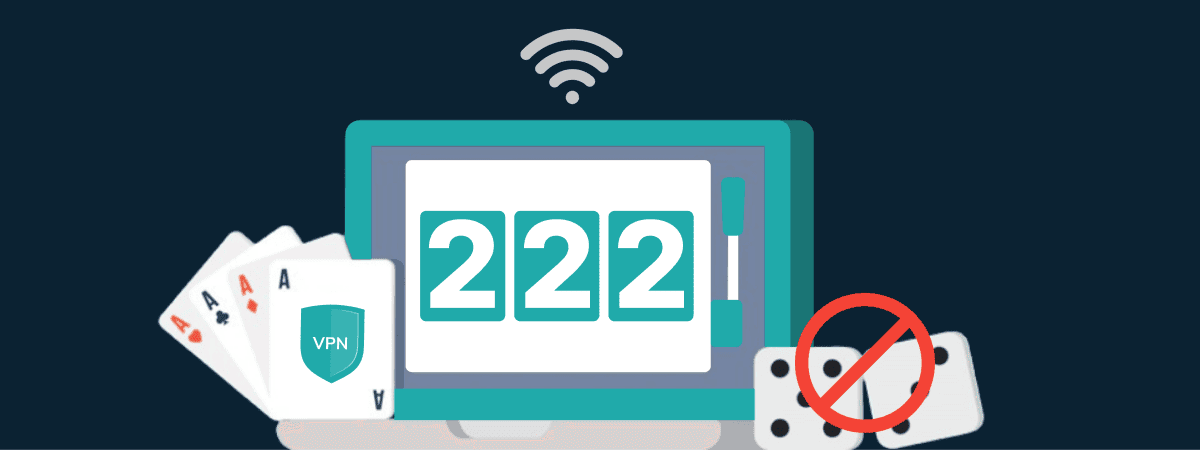
How to Avoid Gambling Restrictions in 2024
KEY TAKEAWAYS Gambling is prohibited in multiple countries as it is addictive, and many people go ba...
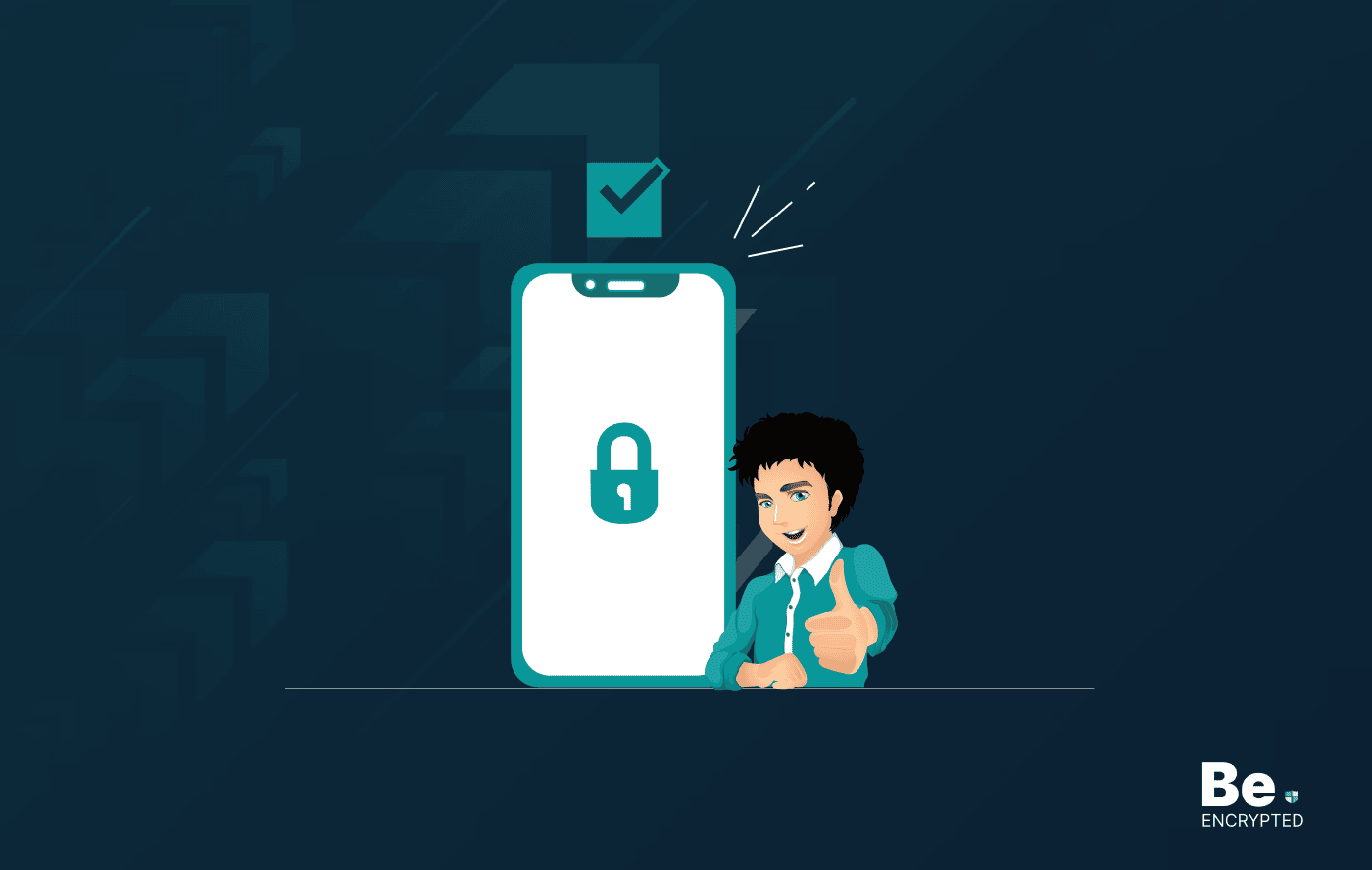
20 Best Penetration Testing Tools For Security Professionals
KEY TAKEAWAYS If you’re in a hurry, then have a look at the list of 20 best penetration testin...
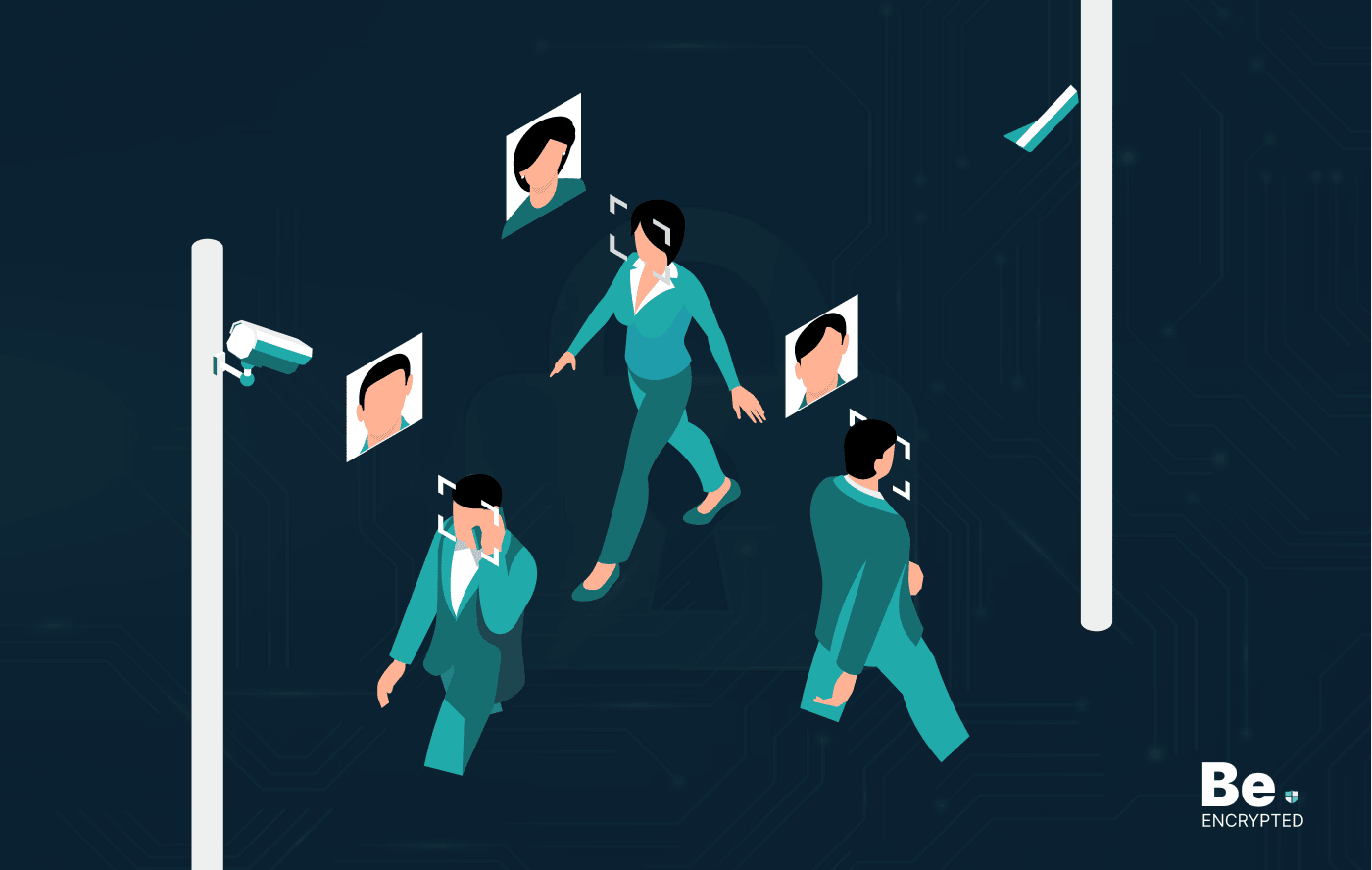
How To Detect Hidden Cameras And Listening Devices? A Complete Guide
Many people feel like someone is watching them or listening to their conversations. They may be righ...
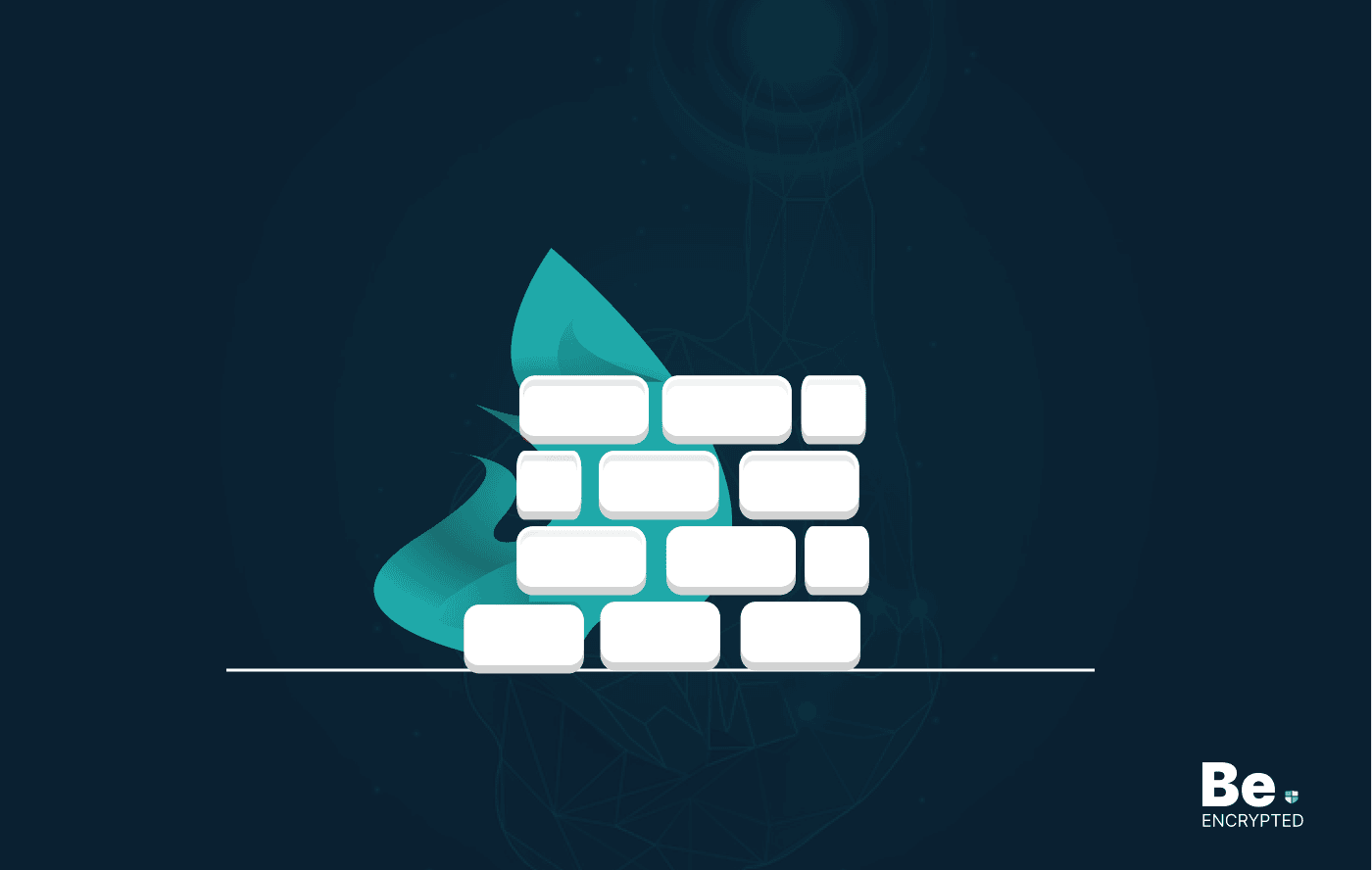
What is Virtual Firewall and How it Helps Us in 2024?
Scientists and technicians are trying to invent the latest technology protection to create barriers ...
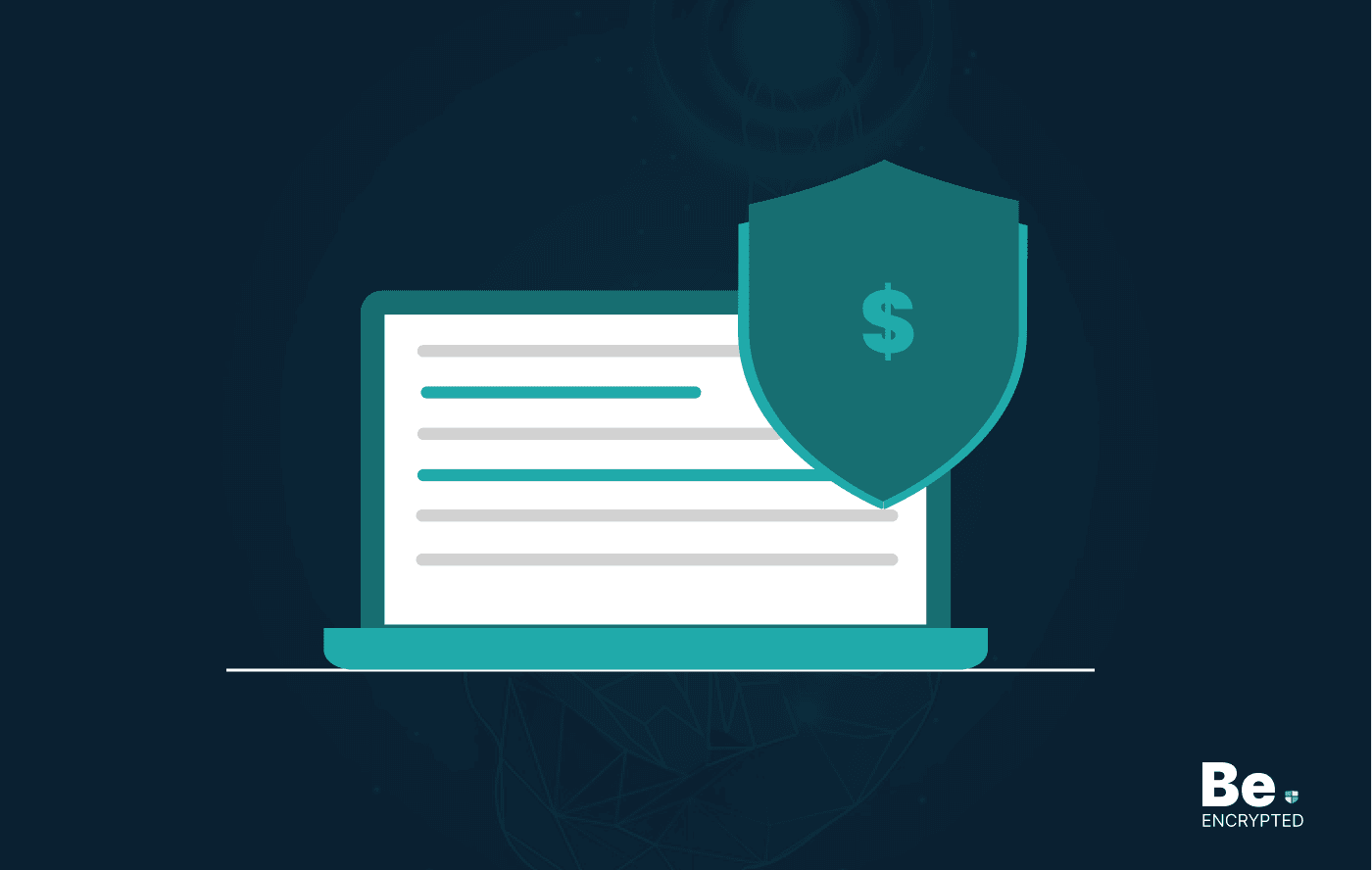
10 Ways to Prevent Ransomware Attacks
KEY TAKEAWAYS Ransomware attacks are growing frequently and affecting every sector of the business i...
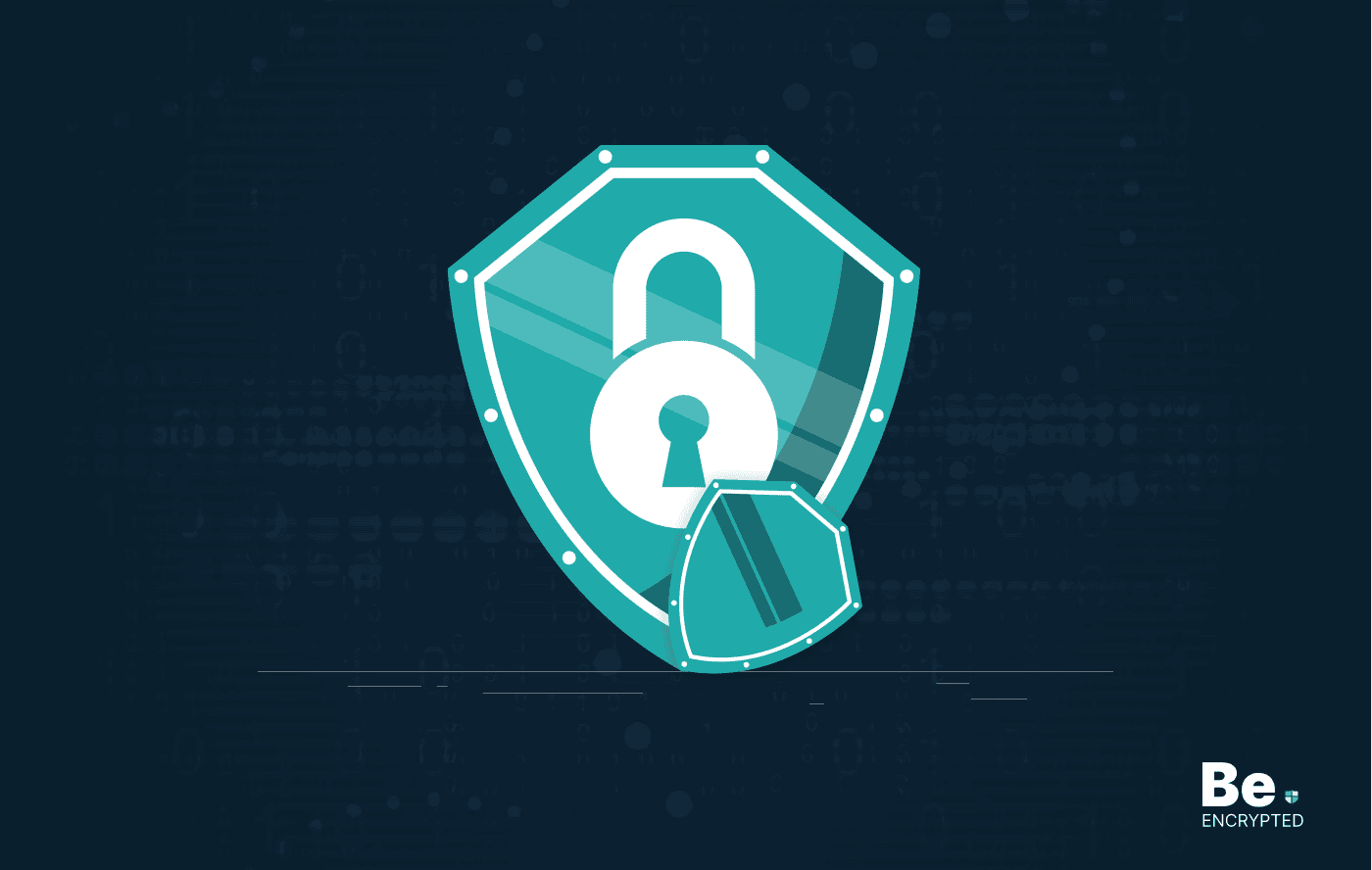
What is Ransomware: Types and Prevention Tips
Ransomware is malware that encrypts files on a user’s computer and then demands payment to dec...
